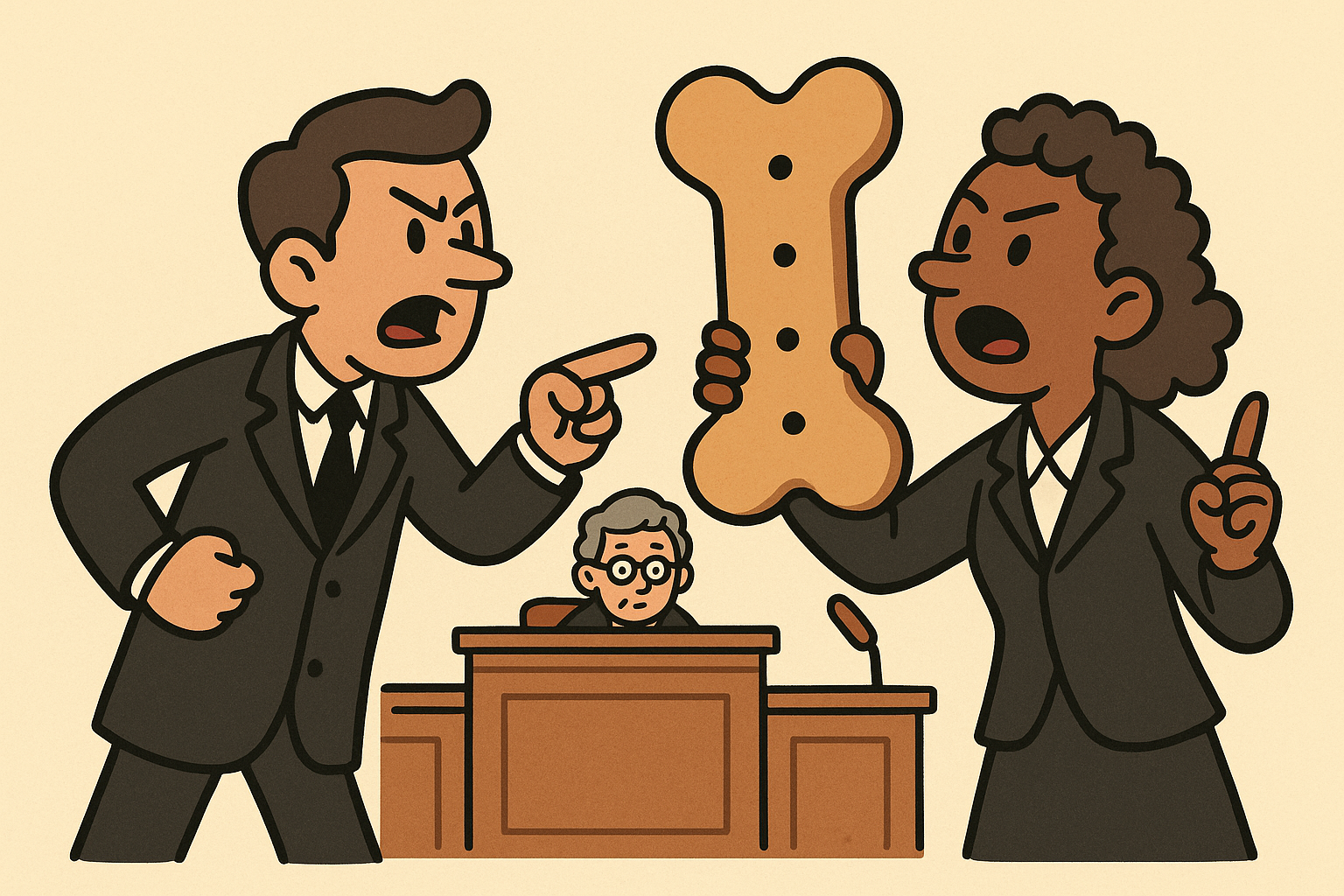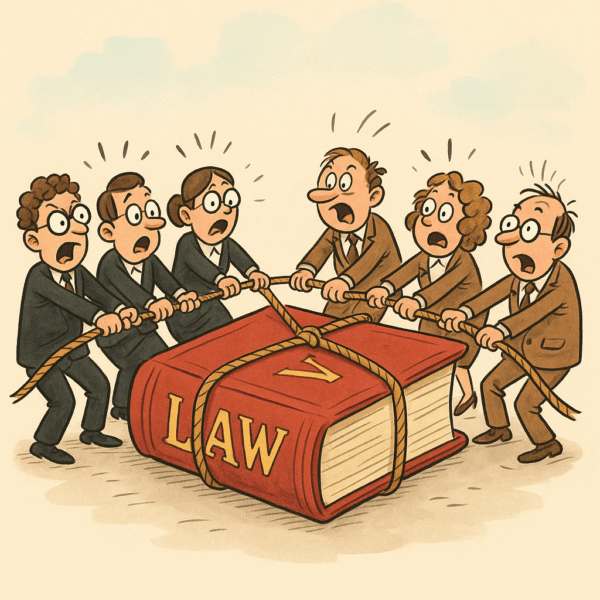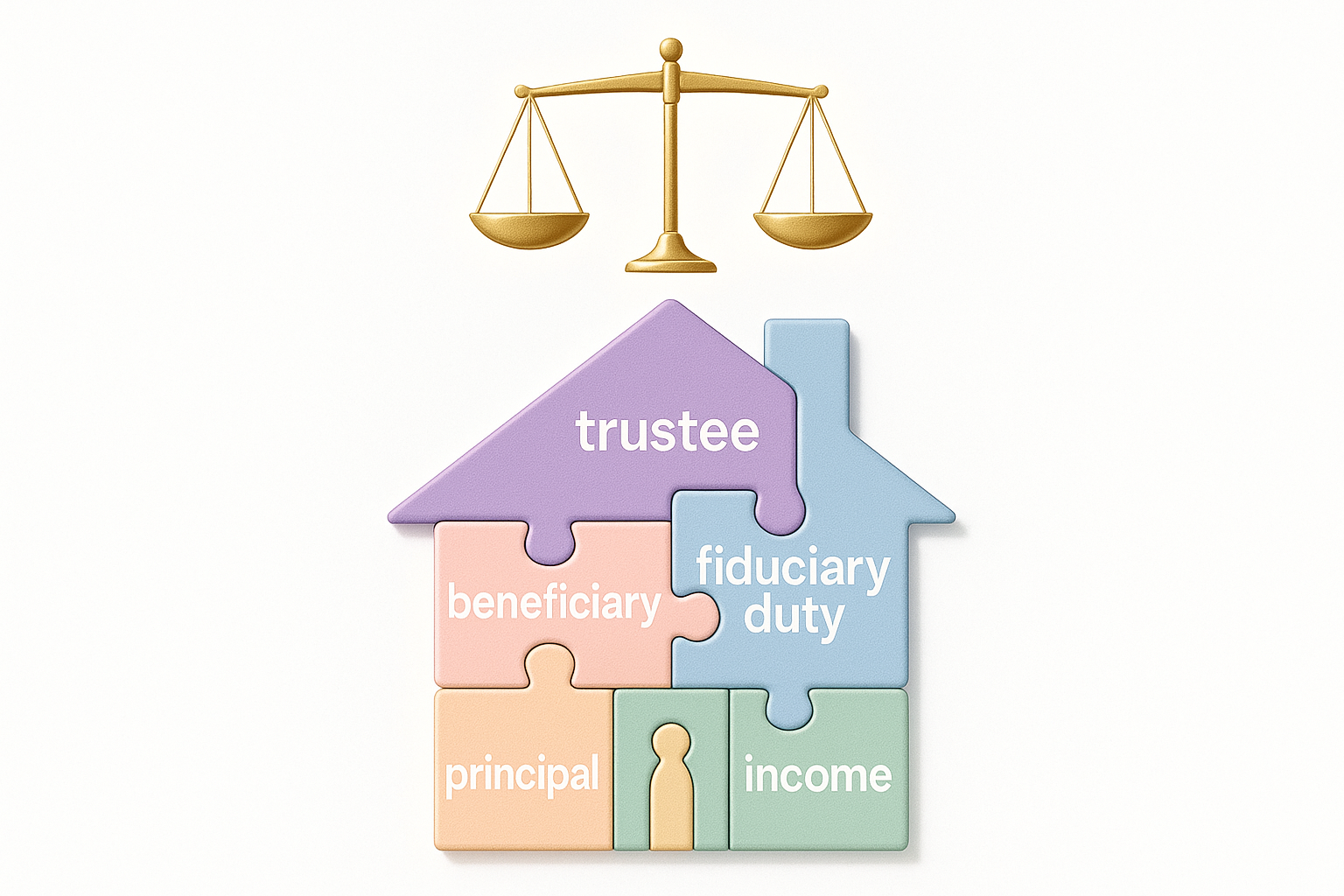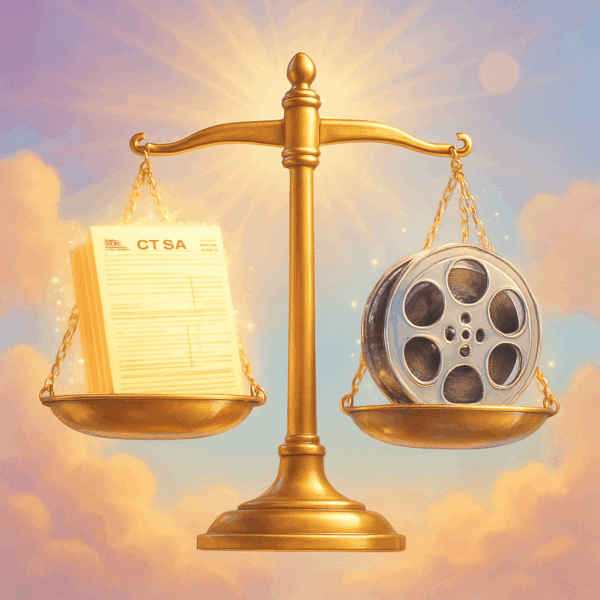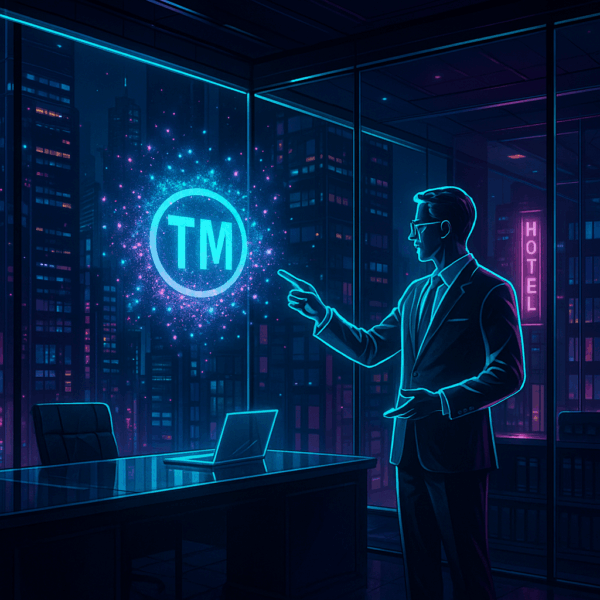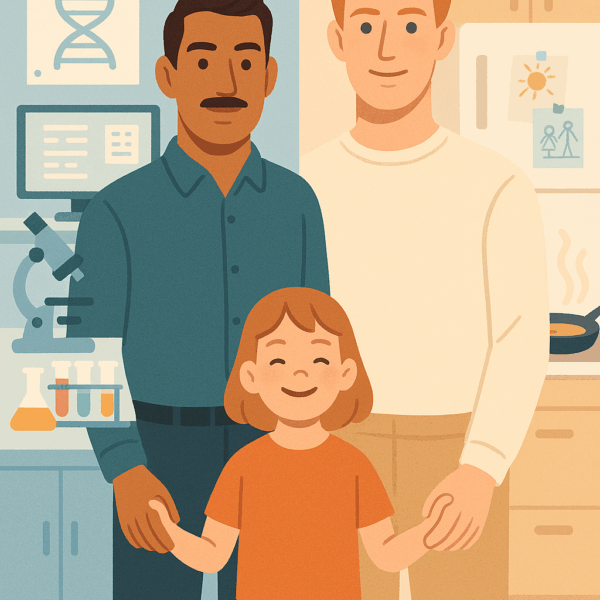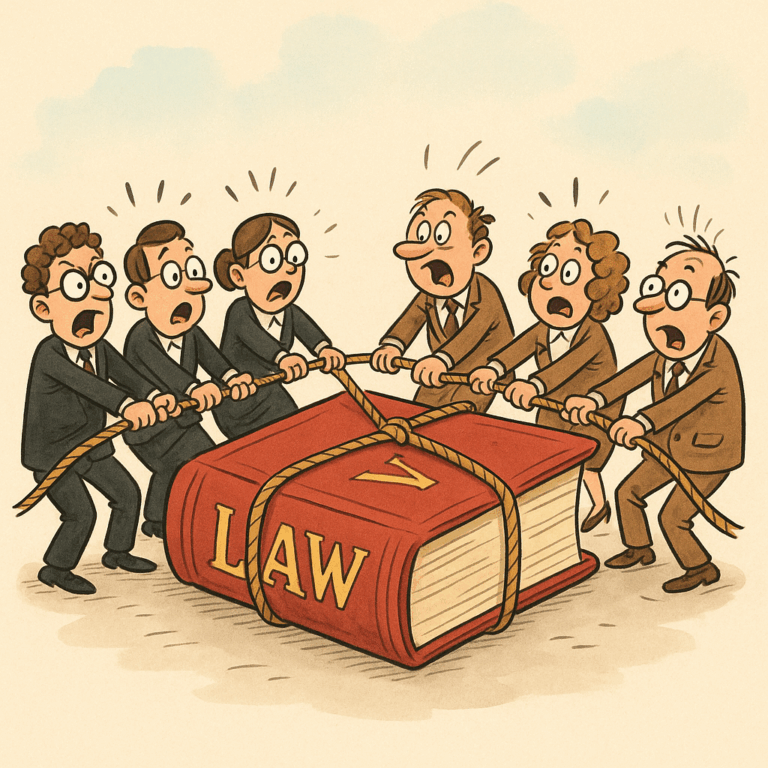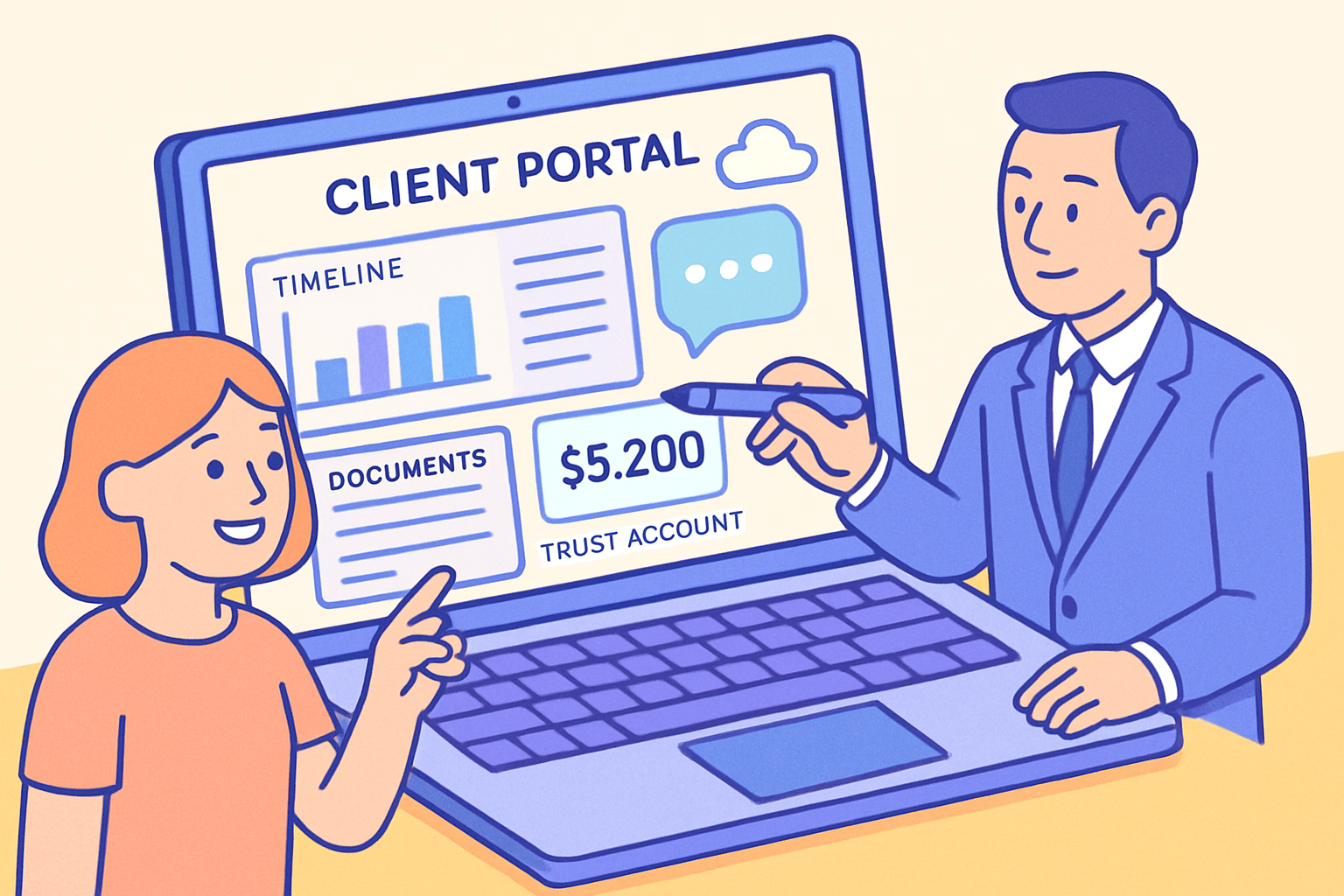
How Adolph v. Uber Re‑wired California’s “Sue‑Your‑Boss” Law—and Why Labor Lawyers Everywhere Should Care
By TheOneLawFirm.com
“An order compelling arbitration of the individual claims does not strip the plaintiff of standing as an aggrieved employee.”
—Justice Goodwin Liu, Adolph v. Uber Technologies, Inc. [2]
The Plot Twist No One Saw Coming
When Erik Adolph fired up his first Uber Eats delivery in Orange County, he triggered an after‑shock that is still rippling through employment law. In July 2023 the California Supreme Court took a hard look at the gig‑economy giant’s arbitration clause and rewrote the rules for the state’s Private Attorneys General Act (PAGA). Overnight, Adolph v. Uber resurrected representative PAGA suits that many thought the U.S. Supreme Court had buried one summer earlier in Viking River Cruises v. Moriana [3].
The unanimous opinion, penned by Justice Liu, found that a worker who is forced into individual arbitration keeps standing to litigate non‑individual (representative) claims on behalf of the state. The Court even supplied a playbook: compel the individual claim, stay the court case, and let the arbitrator’s findings decide if the representative claim lives or dies [1].
Why It Matters Beyond California
-
National spillover. Within eight months the Ninth Circuit’s Johnson v. Lowe’s adopted Adolph, instructing federal judges to do the same [4]. Plaintiff lawyers from Seattle to San Diego now file near‑identical pleadings, betting that any California‑based employer will face twin proceedings—arbitration plus superior‑court PAGA.
-
Corporate math just changed. Reuters pegs 2023 PAGA filings at 5,000‑plus, a 20 percent jump over 2022 [5]. Settlement calculators that once discounted representative exposure have been hastily rewritten.
One Reform, Two Futures
Business groups lobbied Sacramento hard, warning that Adolph‑powered litigation could swamp small employers. The answer: AB 2288 & SB 92, signed by Governor Newsom on July 1 2024 [6]. The twin bills narrow standing, reward “reasonable‑step” compliance with penalty caps, and shovel 35 percent (up from 25 percent) of penalties to employees [7]. Yet they leave Justice Liu’s core holding intact—representative claims survive arbitration.
The Headless‑Horseman Saga
Creative plaintiffs soon tried a new gambit: file “headless” PAGA complaints that omit any individual claim and—presto—avoid arbitration altogether. The Second District slammed the door in Leeper v. Shipt (Dec. 30 2024) [8], but the Fourth District reopened it in Parra Rodriguez v. Packers Sanitation (Mar. 10 2025) [9]. The California Supreme Court has granted review of both cases; until it rules, venue dictates strategy.
TIMELINE TABLE: PAGA WHIPLASH, 2022‑2025
| Date | Event | Key Take‑Away |
|---|---|---|
| Jun 15 2022 | Viking River Cruises v. Moriana, U.S. Supreme Court | Individual PAGA claims can be compelled to arbitration. |
| Jul 17 2023 | Adolph v. Uber (Cal. Sup. Ct.) | Representative claims stay alive; courts must stay case pending arbitration. |
| Feb 12 2024 | Johnson v. Lowe’s, 9th Cir. | Federal courts in CA must follow Adolph. |
| Jul 1 2024 | AB 2288 & SB 92 signed | Standing tightened; penalty caps introduced. |
| Dec 30 2024 | Leeper v. Shipt, 2d Dist. | “Headless” PAGA suits rejected. |
| Mar 10 2025 | Rodriguez v. Packers Sanitation, 4th Dist. | Split created—headless suits allowed. Supreme Court review pending. |
Tactical Playbook for Practitioners
-
Re‑draft Arbitration Agreements
-
Carve in individual PAGA claims and include a severability clause that stays representative claims.
-
-
Early Motions Still Matter
-
Compel arbitration and move for a stay; if venue is in the Fourth District, add a demurrer to attack headless pleadings.
-
-
Leverage the “Reasonable‑Steps” Safe Harbor
-
Payroll audits, policy refreshers, and supervisor training can lop penalties by 85 percent under the 2024 reforms.
-
-
Treat the Arbitration as a Bellwether
-
A defense win ends standing; a loss narrows issues and evidence for the representative phase.
-
-
Model Dual‑Track Settlements
-
Budget for parallel proceedings: arbitration fees + court penalties. Factor in higher 35 percent employee share.
-
Where the Fault Lines Lie
-
Issue Preclusion: Will a plaintiff be bound by an arbitrator’s factual findings? Judge Patrick B. Lee’s concurrence in Johnson invites future challenges.
-
Federal Standing Questions: Some district judges want an Article III injury beyond PAGA’s statutory test—an invitation for defense removal.
-
Supreme Court Rematch? Business coalitions are already scouting for cert‑worthy conflicts between Adolph and the Federal Arbitration Act.
The Bottom Line
Adolph v. Uber did more than revive representative PAGA claims; it rewired the incentives for every wage‑and‑hour dispute in the state and set off a nationwide ripple that only Congress—or the U.S. Supreme Court—can fully dam. For now, California remains America’s loudest employment‑law laboratory, and PAGA is its hottest experiment. Counsel who ignore the new calculus do so at their clients’ peril.
Endnotes
-
Adolph v. Uber Technologies, Inc., 14 Cal. 5th 1104 (Cal. 2023). SCOCAL
-
Id., slip op. at 14 (Justice Liu). SCOCAL
-
Viking River Cruises, Inc. v. Moriana, 596 U.S. ___ (2022). Justia Law
-
Johnson v. Lowe’s Home Centers, LLC, 93 F.4th 459 (9th Cir. 2024). Ninth Circuit Court of Appeals
-
Katherine Catlos & Nima Masjedi Zadeh, “Employers benefit from taking prompt action…,” Reuters, Sept. 25 2024. Reuters
-
Office of Governor Gavin Newsom, “Governor Newsom signs PAGA reform,” July 1 2024. Governor of California
-
Seyfarth Shaw LLP, “PAGA Reform: AB 2288 and SB 92 Passed,” July 1 2024. Cali Peculiarities Law Blog
-
Leeper v. Shipt, Inc., No. B339670, 2024 WL 5251619 (Cal. Ct. App. Dec. 30 2024). K&L Gates
-
Parra Rodriguez v. Packers Sanitation Servs., Ltd., 2025 Cal. App. LEXIS — (Mar. 10 2025). Vorys


